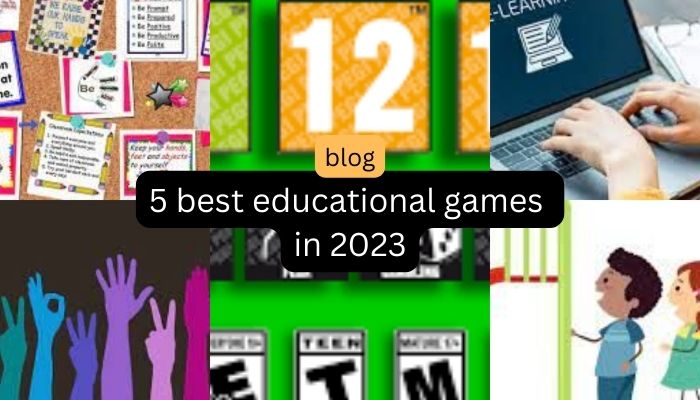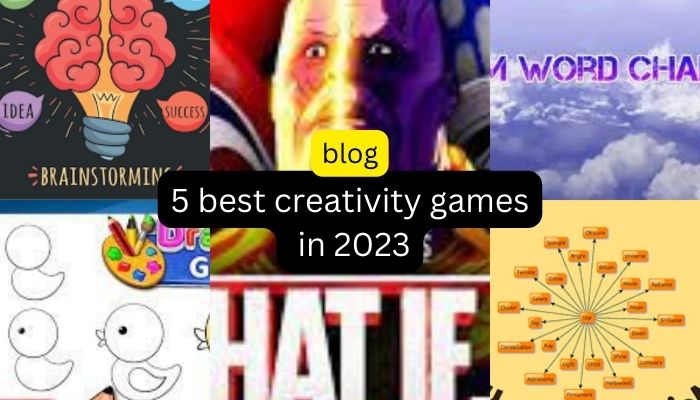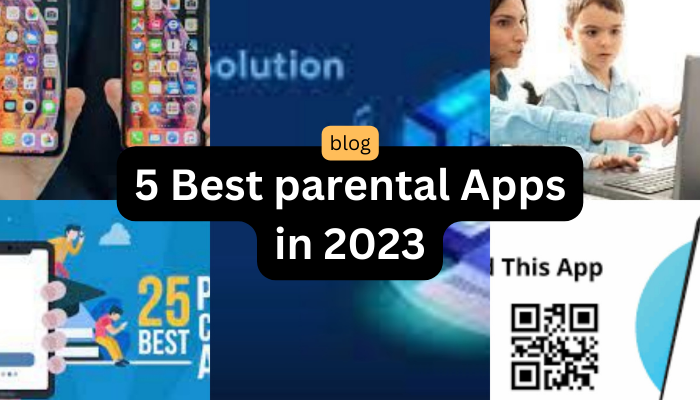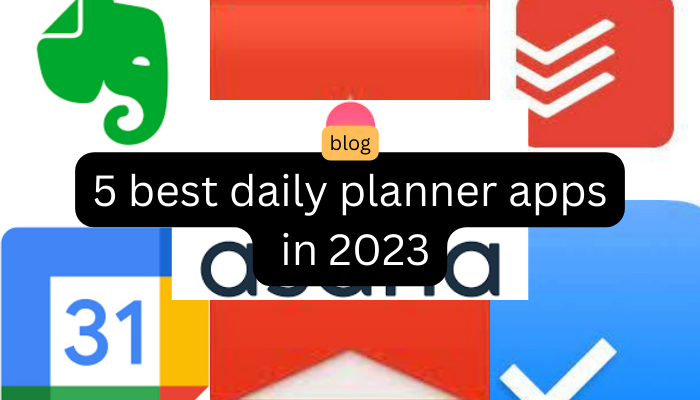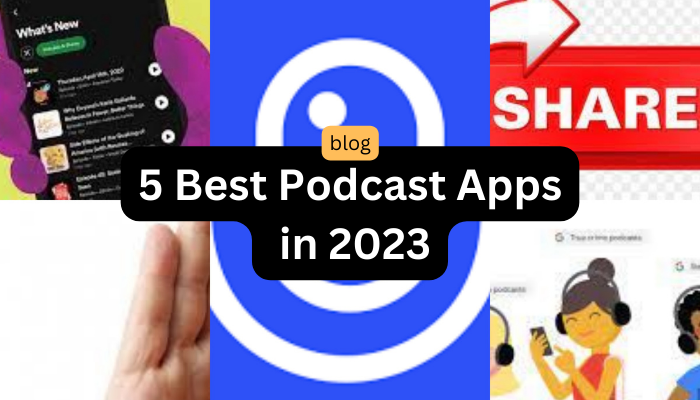5 best educational games in 2023
Educational games are an invaluable tool for teaching and learning and can provide countless hours of fun for students of all ages. From classic board games to modern digital apps, educational games offer an engaging way to learn and practice key concepts in a variety of subject areas. One of the best educational games is the award–winning game, Brainology.
Brainology is a personalized learning program designed to help students develop a growth mindset in order to achieve their highest potential. With this game, students learn to embrace challenges, persist through setbacks, and develop a “can–do” attitude. This game is designed for middle schoolers but can be easily adapted to fit any grade level.
Contents
1. Choose a game that is age-appropriate:
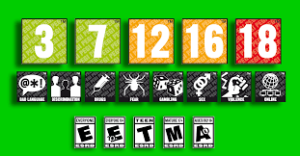
Make sure the game you choose is appropriate for the age range of the players. Look for games that focus on a specific subject, such as math, science, or reading, and that are designed to help children learn and practice important skills.
Features
- Animal Crossing: New Horizons. This game is rated E for everyone and is suitable for players of all ages. It is a life simulation game where players explore a deserted island, build and customizes their homes, and interact with a variety of fun and friendly anthropomorphic animals.
- The game also features crafting, fishing, and other activities that can be done to help the island flourish.
2. Set rules and expectations:

Before you start playing, make sure everyone understands the rules and expectations of the game. Explain how the game works, what the goal is, and how to win.
Features
- Respect: Respect each other’s opinions, ideas, and beliefs.
- Communication: Communicate openly and honestly with each other.
- Active Listening: Listen to each other and be willing to consider different perspectives.
- Accountability: Each team member is accountable for their actions and decisions.
- Performance: All team members should strive to reach their highest potential.
- Collaboration: Work together to achieve the team’s goals.
- Dependability: Follow through on commitments and be reliable.
- Open-mindedness: Be open to trying new ideas and ways of working.
- Conflict Resolution: Work together to resolve conflicts in a respectful manner.
- Feedback: Provide constructive feedback to help each other grow.
3. Make sure everyone participates:

Make sure everyone has a chance to take a turn playing the game. If some players are more experienced than others, give them a chance to help the less experienced players by offering tips or strategies.
Features
- Set aside a specific amount of time for each person to speak and ensure that everyone has an opportunity to be heard.
Ask open-ended questions to encourage participation. - Break the group into smaller groups to discuss a topic and then reconvene to share ideas and solutions.
- Use visuals, such as posters, videos, and diagrams to facilitate discussion.
- Use activities such as role-playing, simulations, or games to engage everyone’s attention.
- Ask individuals to provide feedback on each other’s ideas.
- Make sure to praise and recognize participation.
- Provide incentives, such as snacks or prizes, for participation.
4. Take turns:

Make sure everyone has a chance to take a turn. If one person is dominating the game, switch to a different game or activity.
Features
- Comprehensive Reporting
- Easy Navigation
- Automated Alerts
- Security Protocols
- Mobile Integration
- Data Analytics
- Multi-language Support
- User-friendly Interface
- Scalability
5. Encourage learning:

Educational games should be fun and engaging, but also educational. Offer tips and strategies for how to approach the game, and encourage players to think about the strategies they are using.
Features
- Interactive Content: Content that is interactive, such as quizzes, videos, and activities, can help engage learners and keep them engaged in the learning process.
- Gamification: Incorporating game elements into the learning process can make it more fun and enjoyable.
- Adaptive Learning: Adaptive learning technology can adjust the content and pace of learning based on the learner’s individual needs and preferences.
Social Learning: Incorporating social elements into the learning process, such as collaborative learning and peer feedback, can help create an engaging learning environment. - Relevant Content: Providing learners with content that is relevant to their job roles or interests can help ensure that they are engaged in the learning process.
- Feedback: Providing timely and relevant feedback on learning activities can help learners understand their progress and identify areas for improvement.

